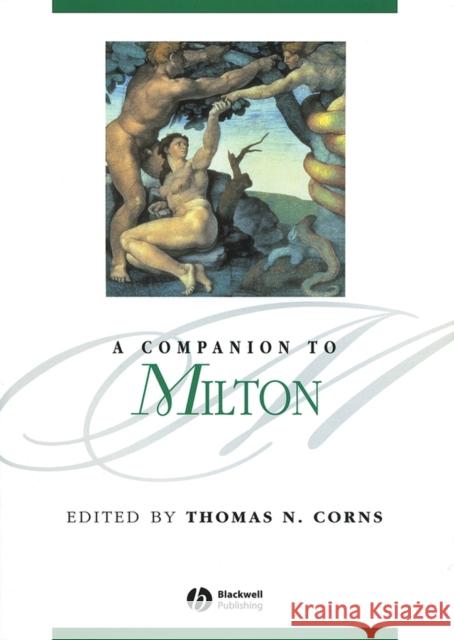A Companion to Milton » książka
topmenu
A Companion to Milton
ISBN-13: 9781405113700 / Angielski / Miękka / 2003 / 548 str.
The diverse and controversial world of contemporary Milton studies is brought alive in this stimulating Companion.
- Winner of the Milton Society of America's Irene Samuels Book Award in 2002.
- Invites readers to explore and enjoy Milton's rich and fascinating work.
- Comprises 29 fresh and powerful readings of Milton's texts and the contexts in which they were created, each written by a leading scholar.
- Looks at literary production and cultural ideologies, issues of politics, gender and religion, individual Milton texts, other relevant contemporary texts and responses to Milton over time.
- Devotes a whole chapter to each major poem, and four to Paradise Lost.
- Conveys the excitement of recent developments in the field.











